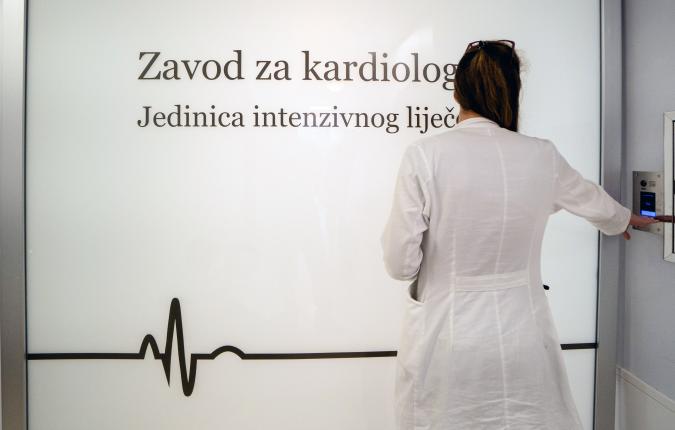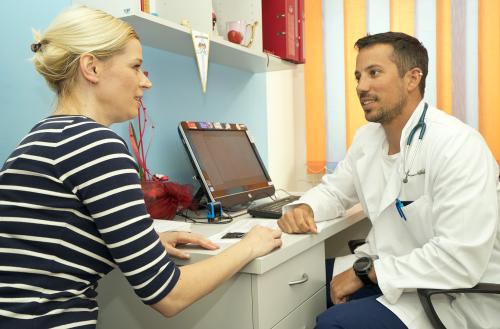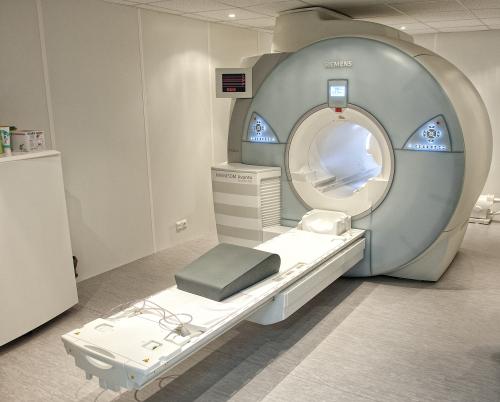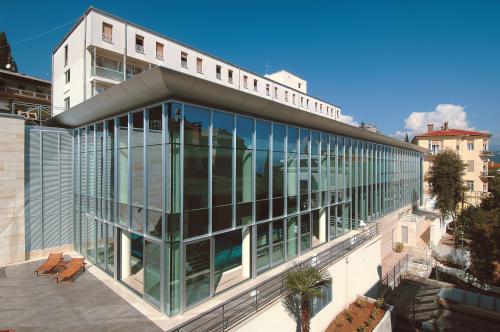Ul. Maršala Tita 188,
51 410 Opatija, Croatia
Cardiology Department
Cardiology Department provides comprehensive care for patients with heart diseases - we perform cardiology examinations and all necessary diagnostic tests (invasive and non-invasive).

The Department provides cardiology diagnostic services, systematic preventive examinations and complete diagnostic and therapeutic interventional treatment of coronary disease.
The Department aims to prevent heart diseases and timely prevent and successfully cure diseases of the heart and blood vessels and effectively enable early rehabilitation.
Department's success is based on the synergy of a well-coordinated expert medical team, modern cardiology diagnostic equipment (including interventional cardiology and heart electrostimulation), rich experience and constant investments.
Since 1998, Thalassotherapia Opatija has been a hospital for the acute care of cardiac patients, which became a Clinic for the treatment, rehabilitation and prevention of heart and blood vessel diseases at the Faculty of Medicine, University of Rijeka. The Clinic is modernly equipped with all non-invasive and invasive diagnostic and therapeutic procedures.
The departments of interventional cardiology and electrostimulation are celebrating their fifth year. In 2020, a multipurpose angiography apparatus started working in the Invasive and Interventional Cardiology Laboratory. It has the most modern technical capabilities. In addition, advanced ultrasound, the magnetic resonance of the heart and MSCT cardiography imaging analyses have been performed since the very foundation of the Clinic.
The institute has 24 beds, as well as an intensive care unit.
The inpatient part of the Cardiology Department occupies a central place in the acute care of patients with acute cardiovascular complications. In addition to the possibility of non-invasive diagnostics and non-invasive and intensive pharmacological treatment, it also provides preparation and subsequent monitoring of patients undergoing invasive diagnostics and treatment. It consists of an intensive care unit with five beds equipped with the most modern equipment for intensive monitoring and treatment of patients with cardiovascular diseases and an additional 18 beds with modern telemetric heart rhythm monitoring methods.




